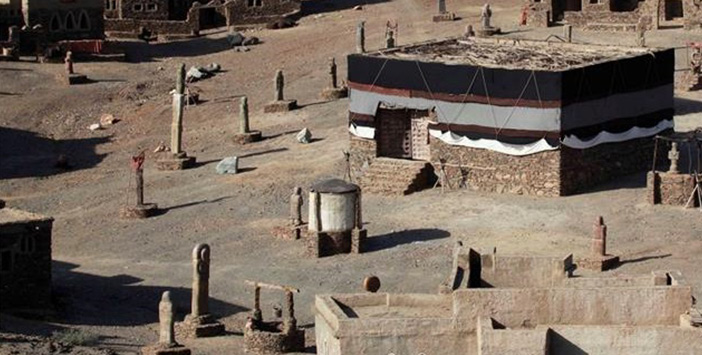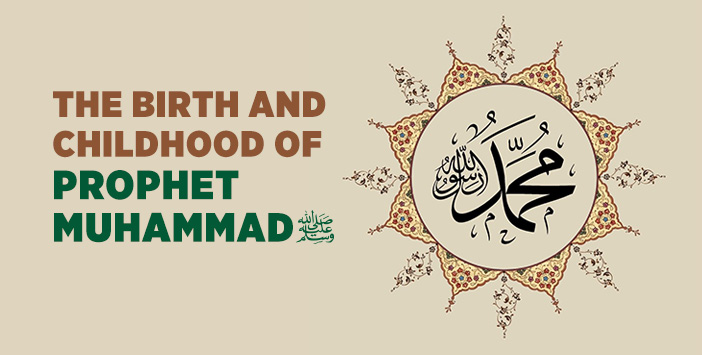What is the Hilf al Fudul? Who are there in the Hilf al Fudul? What is the mission of Hilf al Fudul? You can read everything about Hilf al Fudul…
Clashes that repeatedly occurred between Arab tribes during the forbidden months were referred to in general as the Fijar Battles. There are four such battles known to have taken place during the Age of Ignorance, the last one being between the tribes of Quraysh and Kinanah, in which the future Prophet –upon him blessings and peace-, still twenty years of age at the time, also took part but without shedding any blood; he merely collected the stray arrows shot by the enemy and handed them to his uncles.[1]
The battle came to an end in the month of Zilqadah, one of the months deemed holy by Arabs. Not long after, a Yemenite tradesman from the tribe of Zubayd arrived in Mecca to sell his goods. The Meccan Âs ibn Wâil, one of the richest tradesmen of the town, purchased the goods brought by the man but did not pay the price he had promised. Helpless, the poor man asked the help of the strong clans Abd’ud-Dâr, Mahzûm, Jumâh, Sahm and Adiyy ibn Kâ’b tribes, but to no avail. They even scolded him for seeking his rights.
Unable to find help in resolving the problem, the embittered Yemenite trader climbed the hill of Abu Qubays near the Kaabah and recited a poem, which began with the words ‘O Sons of Fihr’, referring to the reputed forefather of the Meccans, explaining the injustice he had suffered at the hands of As ibn Wail, calling out for the help of Meccans who had gathered around the Kaabah at that time. The first man making a move to help was Zubayr, the Prophet’s uncle, who organized a meeting at the house of Abdullah ibn Jud’an, attended by many notables of Mecca.
There, they made a solemn pledge to defend and restore the rights of anyone, beginning with the Yemenite, who suffers any injustice within the borders of Mecca, and to struggle against tyrants on behalf of the weak, “as long as mounts Hira and Sabir stood in their places and until there was enough water left in seas to moist a single strand of hair.”
The newly founded society remained strong even after they successfully regained the rights of the Yemenite from Âs ibn Wâ’il and remained on its feet to help the victims of injustice thereafter, trying its utmost to restore justice among people.[2]
Being entrenched in justice and based on helping the weak, the Hilf’ul-Fudûl was the only society that the Prophet -upon him blessings and peace- supported during the Age of Ignorance, remembering the society with sympathy long after his Prophethood:
“I was present with my uncles at the house of Abdullah ibn Jud’ân when the Hilf’ul-Fudûl was established. So satisfied was I with it that being given red camels (the most prized Arab commodity at the time) in its place could not have satisfied me more. If I were invited to participate in such a society even today, I would certainly accept the offer without hesitation.” (Ibn Kathîr, al-Bidâya, II, 295)
Source: Osman Nuri Topbaş, The Prophet Muhammed Mustafa the Elect, Erkam Publications
[1] Ibn Hishâm, I, 198; Ibn Saad, I, 126-128.
[2] Ibn Kathîr, al-Bidâya, II, 295-296; Ibn Saad, I, 128-129.




